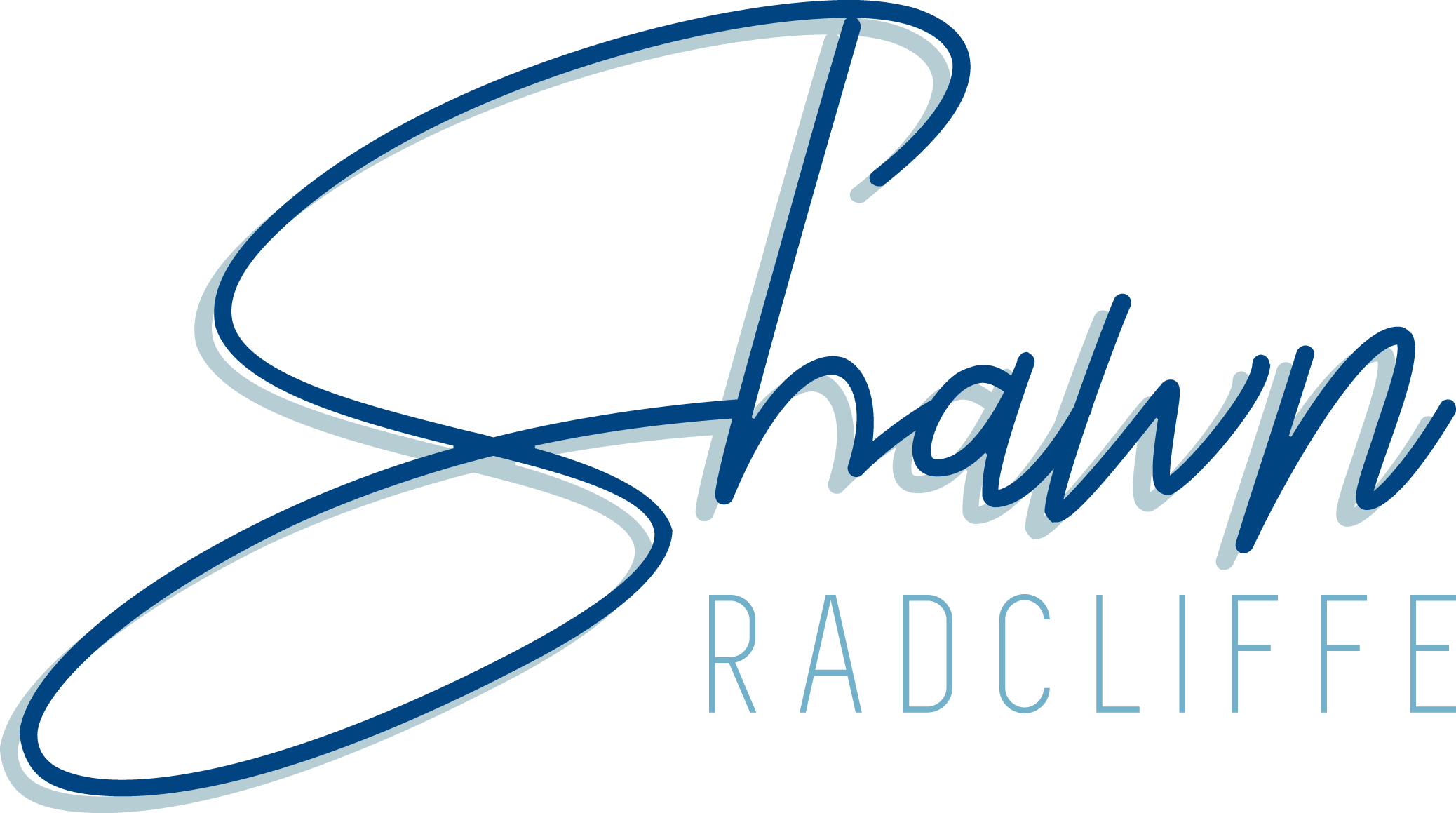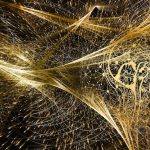Finding time to write is challenging.
I squeeze words and sentences—and if I’m lucky, the occasional paragraph—into the spaces that occupy my day in between writing articles about science topics like yogurt and testicles, or dinosaurs farts, or the daily tasks of making dinner, cleaning litter boxes, playing with children, and interacting with other people.
The quiet moments are not always there when I need them, and I am often caught off-guard when they happen sporadically. While I’m making dinner, or reading the news on my iPod, I lose my creative mind, so when that tiny bit of space to create words happens, I feel like I am starting something new.
My interactions with the characters of my stories (or the stories that have yet to become) are often sporadic, reduced to a few adjectives, or a word sketch captured on the back of a napkin picked up on my birthday at a restaurant I barely enjoy, but my partner’s kids seem to love.
For me, though, writer’s block is not so much the inability to write words. I have that down. I can write words all day long. I routinely force coherent articles to jump into existence. But those are articles about exercise and medicine, ways to improve your masculinity (if that’s your thing). Writer’s block is not a blank page, but a lack of connection with my writing, and by that respect, with the characters who live within my creative mind.
Sometimes I feel like I’m on a first date with my writing. Staring across a table at an unfamiliar woman (there’s something Jungian in this externalization of my Inner Creative Female), waiting for her to say something interesting so I can comment on it in my usual witty way.
(My strength has always been as the responder, the commenter, the clown who takes what is already in existence and turns it on its head. My bird is also a raven, a digger in filth and decay, so this strength is appropriate.)
The dates with my Inner Creative Female don’t always go well. I wait for a spark, and she waits for me to imbue her with substance, the moist clay with which to create. I stare at her some more. There is no connection, just a long table that grows longer by the minute. As I stare at her (through my blank screen, or equally ominous blank notebook), I think it might better to be on a date with that real woman who showed up early, and was totally wasted by the time I got there.
 sA recent study of language use by people on speed dates showed that when two people connect, their language shifts very subtly. Those likely to go on a date—or stay dating—are those whose language most resembles each other’s. This connection is not entirely about content, though. Much of the change occurs with the linker words—the, at, an, I, but. The change is unnoticed, as well. Neither person sees that they are suddenly talking like the person across the table.
sA recent study of language use by people on speed dates showed that when two people connect, their language shifts very subtly. Those likely to go on a date—or stay dating—are those whose language most resembles each other’s. This connection is not entirely about content, though. Much of the change occurs with the linker words—the, at, an, I, but. The change is unnoticed, as well. Neither person sees that they are suddenly talking like the person across the table.
I want this shift to happen with my writing. The first few minutes (or sometimes much longer) that I am sitting at the table with my Inner Creative Female, I speak the stilted language of pseudo-academia, the fly trap on which we all fall by default. I want to free myself from the pedantic glue and slip into the natural rhythm of speech.
Most of my writing falls into standard structures. Sentence. Verb. Object. Repeated. Unbroken with carefully crafted punctuation. Continuing in that way, until it is all done. All said and done.
What’s been lacking lately in my writing is rhythm. Flowing. Rivers and oceans shifting water through large spaces, carrying ideas and thoughts from here to there. There’s power in water. Power to erode granitic beliefs, power to transport you to far away lands, power to cleanse your creative mind when it is riddled with dirt or clutter or bad experiences.
I know I can find flow in writing. I do yoga. I meditate. My body moves with my breath, and I find that stillness inside me where words can grow until they are ready to explode onto the page. I want to let it all go, though, in my writing, in my thoughts, in my mind.
It’s time to throw my internal editor under the wheels of my next story and hear him (yes, I picture him as a male, but that’s a story for another time) cry out in pain as the misplaced modifier and dangling participles pierce his hard shell and dig into his soft flesh.
I imagine all editors have hard shells, like crustaceans, scurrying about the world of language, snipping apart fresh writing with their cumbersome, but formal claws.
So, my editor, crushed under the wheels of my flowing words, my stories that run wild without cessation, cannot help but cry out for mercy. I will, of course, show him none.
It’s like the Stephen King short story from Just After Sunset that I was reading last night. When the woman, trapped and duct taped by the killer, finally frees herself, she beats him with a piece of wood broken from the chair that held her captive for so long. The killer cries out in pain, “please, no, don’t do it.” She screams, “YES!”
Take that, editor! Internal voice, critic, nag, haranguer, discontented imbecile who yells at me until I stop writing, telling me to do something that pays money. I will break his crustacean shell. He will cry out. He will beg for mercy.
In the end, I will spare him. I won’t finish him off. I will leave him beside the tracks of my creative mind, crushed by the steel wheels of my writing, his shell splintered, his tiny claws waving in the air, his beak crying out for a tall glass of well-crafted sentences.
My train moves on. I will leave the editor behind.
Don’t worry, the editor will live. He always does. In time, Mr. Crabs will heal. No worries for him. Forget about pity. He has inflicted just as many insults on the Inner Creative Female of many writers, painters, musicians, and other creators.
Go, Mr. Crabs! Scurry back to your nest! I’ll get back to you in time with something to edit. You will be revitalized when I return with too many words and not enough periods or commas. For now, though, I will keep writing without you.
So, where is my train going? I’m not sure. Most of the time, when you hop on a train, you have a ticket, planned something in advance, picked a destination, and set your mind to getting there. What’s the use? That’s the way of the editor. The one who wants everything to be carefully crafted.
I will see where this leads me, unconcerned about my destination. The beauty of traveling without a destination is that you always get where you are going.
__________
Photo: Some rights reserved by jasonbolonski







